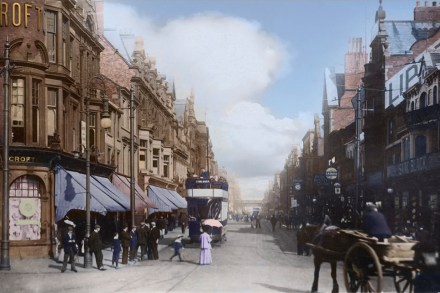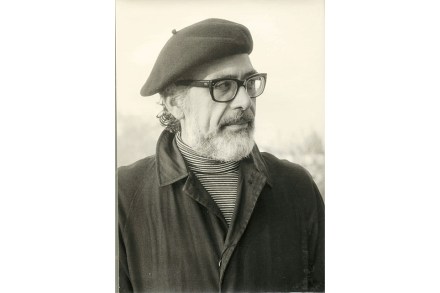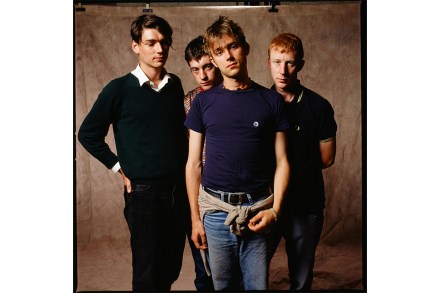Nostalgia for the bustling high street is misplaced
Every Christmas the proportion of money we spend online escalates. This year probably more than a third of all our festive gifts and food will be sourced via the internet. With this will go the usual hand-wringing about consumerism causing neighbourhoods to become clogged up with delivery vans and the death of our high street.





















